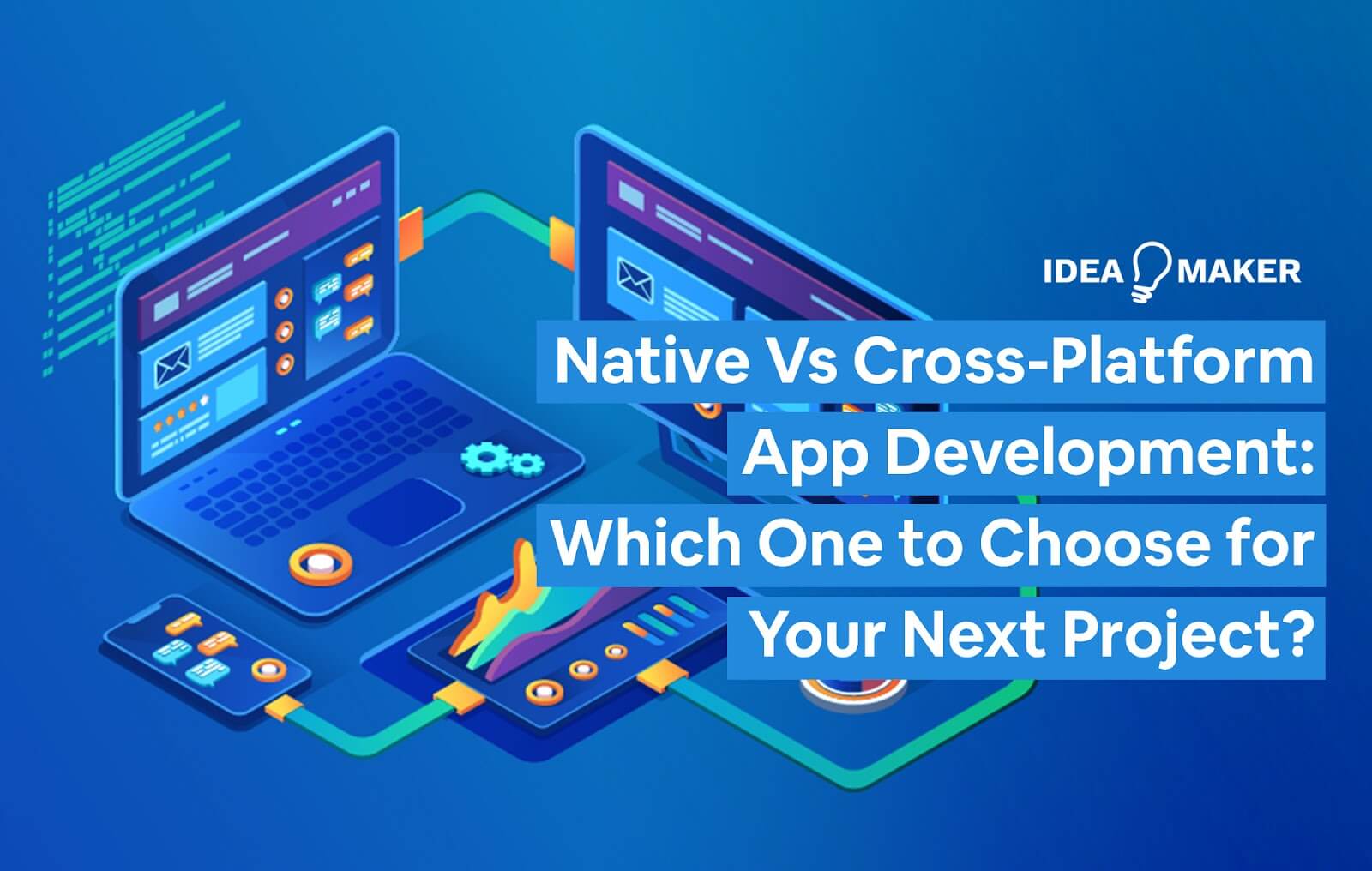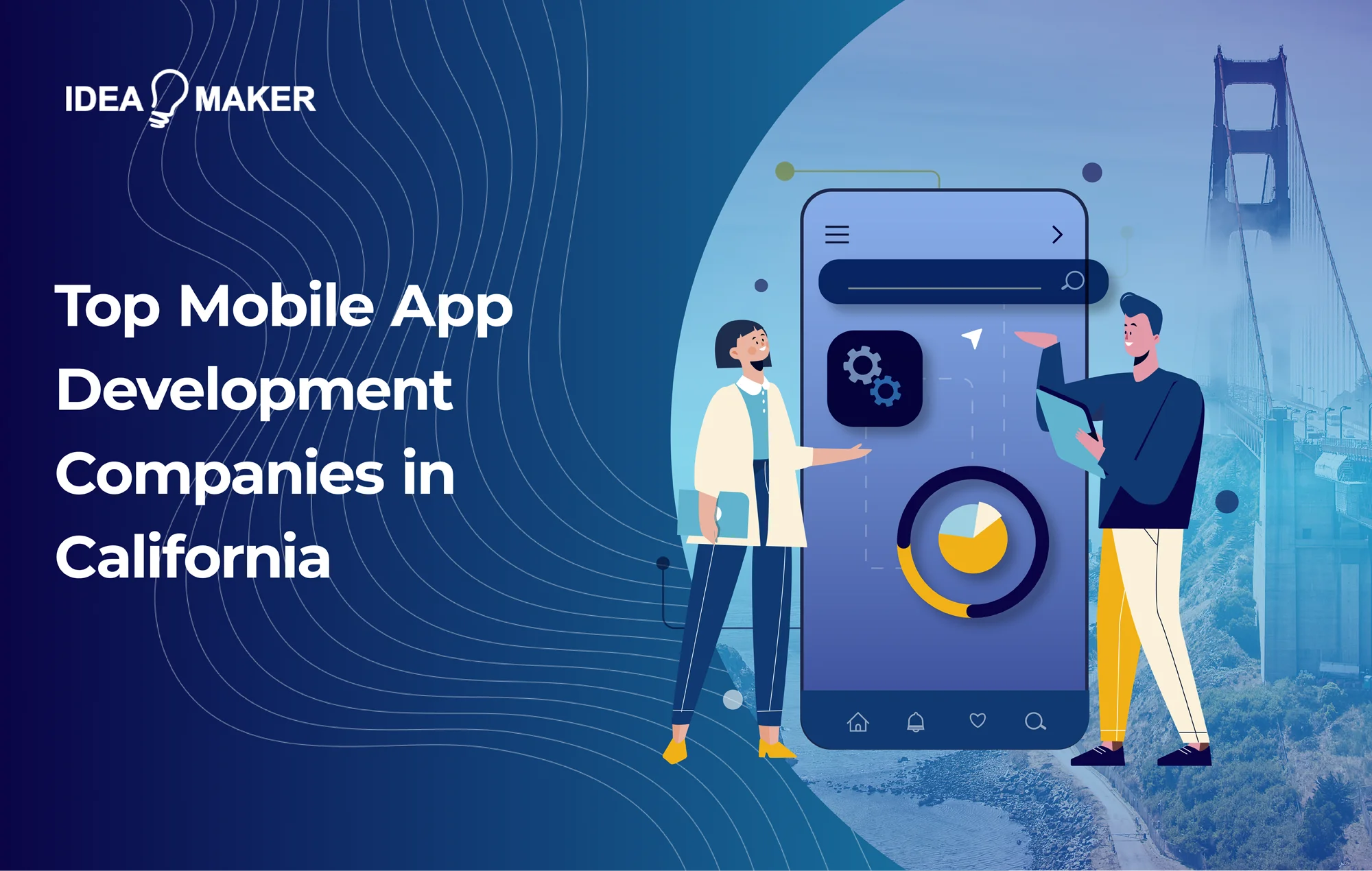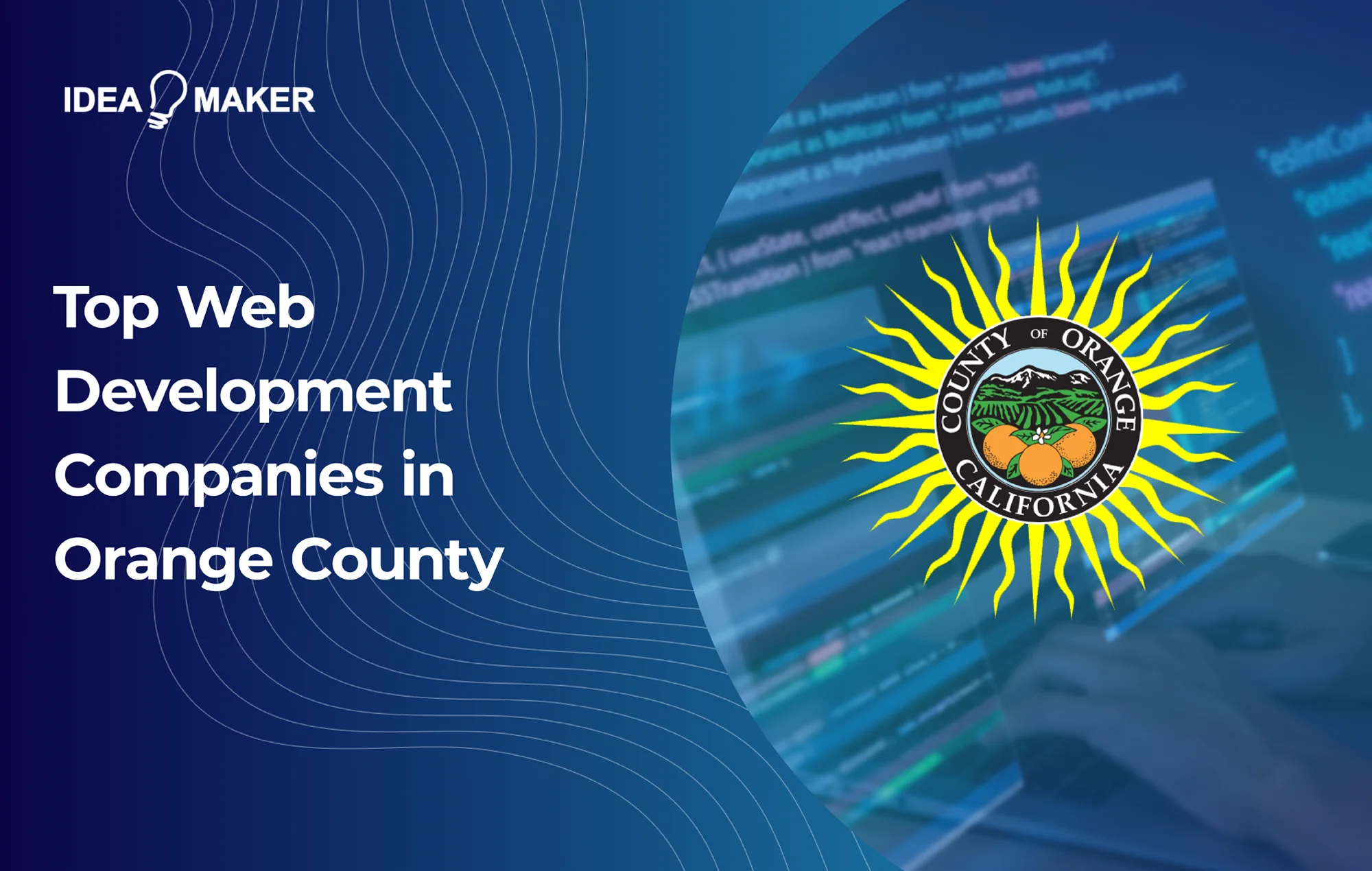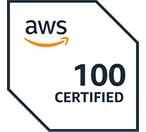When developing a mobile application, there are many factors to consider. It may sound obvious, but it’s important to decide what platform your application is developed for. Do you want your app to be exclusive to iPhone users? Or should it be available to all mobile users regardless of the platform? If the latter is the case, you will need to hire an app development company that specializes in cross-platform capabilities, or pay for multiple native apps to be developed for each platform.
This article will explore the features of both native and cross -platform and native app development, helping you to decide which is right for you. First, however, it’s important that you understand the difference between a native app and a cross-platform app.
Native Apps
A native application is a piece of mobile software designed to run on one specific OS. For example, Apple Maps is available exclusively on iIOS and designed as such. Each OS has an official programming language used for native development. Apple devices support Swift, for instance, whereas Android uses Java.
Cross-Platform Apps
Cross-platform applications are designed as one piece of software that works across multiple operating systems. They are typically heavily integrated with cloud-based services to allow for cross-platform maintenance and updates.
Cross-pPlatform apps are programmed through various software development kits (SDKs) and Integrated Development Environment (IDE). For example, here at Idea Maker, we use React Native and Flutter. Both kits allow us to create applications for iIOS, Android and the web, without compromising quality.
Table of Contents
Features of Cross-Platform Development
Maximum Exposure
52% of mobiles in the US run iIOS, while 47.4% run Android. This means that if your app isn’t available on both platforms, you could be missing out on a large amount of business. With cross-platform development, your app can be seamlessly deployed across multiple stores, maximising exposure and potential downloads. The more people that can download your app, the more potential sales.
Cost-Effectiveness
When hiring a mobile app development company for cross-platform software, you are essentially purchasing two apps for the price of one. Thus, getting a better, more cost-effective, deal than if you were to have two separate native apps developed. This is largely thanks to the reusability of the code. It can be easily transferred from one platform to another, also resulting in a faster time to market.
Uniformity
71% of consumers are more likely to purchase from a brand they recognize. This means, as a business, it’s important to have clear, consistent branding across the board. This extends to the design of your mobile app. When developing an app, you should ensure the UX is uniform across all platforms. Cross-platform developers will typically have a design process to help sync user app interactions across platforms.
Easy Cloud & Plugin Integration
The use of a single code makes it simple to coordinate mobile apps with cloud servers and additional plugins. This means the functionality of the application can be enhanced and integrated with new frameworks as and when needed. Plugin integration may include payment processing, third-party APIs and access to Google Maps.
Easy Maintenance
All mobile apps run into bugs at some point during their lifecycle. As a result of the single, uniform code, when a bug is identified, developers don’t have to spend large amounts of time searching through codes to find and fix the issue. This means errors can be resolved promptly. Moreover, due to cloud integration across all platforms, fixes can be rolled out swiftly, without the need for users to download updates from an app store.
Features of Native App Development
High Performance
Native apps are developed for specific platforms and hardware, meaning they often feature greater levels of performance and speed. This doesn’t mean that cross-platform applications are unable to run efficiently across devices. However, native apps can be fine-tuned to hardware specifications through platform specific SDKs and APIs. As a result, developers can take advantage of a unified platform ecosystem, providing a highly responsive and smooth UI.
Fluid UI
By taking advantage of platform- specific features, such as NFC or haptic touch, developers can design an intuitive and interactive UI for native applications. Unifying your UI with the platform means users need less time to learn how to navigate the app. This is because they already have a broader understanding of the platform’s native UI, to which your application will conform. As a result, native applications provide a fluid UI and smooth user experience.
Direct Access to Device Features
Native applications are able to utilize the full range of platform- specific features available to developers. Similar to the fluid experience this can create for an app’s UI, it also allows for wider functionality. For example, developers can access the native platform’s GPS, camera and microphone, as well as push notifications through APNS or GCM. This results in a high functioning app that enhances UX.
Up-To-Date SDKs
When developing a native mobile application, developers may use official SDKs provided by first parties,-party’s i.e. Apple and Google. These SDKs feature the most compatible and essential libraries for developing functionality into an app. With Apple and Google providing regular updates to their SDKs, native app development lends itself to a greater amount of available features.
Increased Security
Native and cross-platform applications are secured through layers of operating system and encryptions, making them both tightly secure. However, being developed on the platform’s machine language through a first-party SDK gives native apps an added dimension of security. This is because official SDKs and APIs will have been maintained across platform versions, keeping them up-to-date and reducing the risk of a security breach.
Is Cross-Platform Right for You?
Both cross-platform and native application development come with benefits and a wide range of features. After reading through this article, you may have a better idea as to which option is best for you. However, with the right mobile app development company, you can enjoy the best of both worlds.
Cross-Platform Development with Idea Maker
At Idea Maker, we use a combination of top development software, such as Flutter, and libraries, such as Django, to create high-quality mobile apps. We’re able to provide mobile applications without compromising quality, whether you choose native or cross-platform app development. If you’re considering having an app developed, contact us today for a free consultation.























